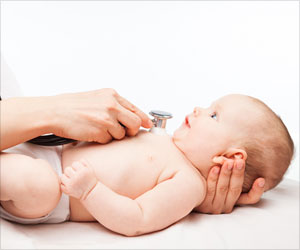US children often get wrong dosage of chemotherapy. Sometimes the drug is administered at wrong times, says a study.
Chemotherapy itself is a dreadful regimen, with all kinds of side effects. What happens when wrong dosage is administered, to children at that? That is what seems to be happening in the US. A new study reveals that such errors resulting further treatment.
The problem has a lot to do with lack of common standards for delivering these life-saving, but highly toxic, drugs, said Dr. Marlene Miller, director of quality and safety at Johns Hopkins Children's Center in Baltimore.Miller and colleagues evaluated data on medication errors collected in a national database from 1999 to 2004.
They looked at a total of 829,492 errors reported in 29,802 patients.
Of the errors, 310 involved kids on chemotherapy. Of those mistakes, 85 percent reached the patient, and nearly 16 percent of those were serious enough to require additional care.
Miller likens the problem to the issues most parents face when trying to figure out how much of the analgesic ibuprofen to give a child because the dose must be calculated based on weight and age.
"That is a reality for every single dose of medicine we give to children. There is no normal dose. There is no comfort level. There is no ability to say that is clearly, egregiously, too much for this age," Miller said in an interview.
Advertisement
"The data we do have out there suggests that children suffer medication errors many more times than adults," Miller said.
Advertisement
She said chemotherapy has significantly helped boost children's cancer survival rates, but the drugs are toxic and tricky to prescribe.
"They're meant to kill cells. When you overdose them, then they start hurting the cells that are not cancerous," she said.
She said the ultimate solution would be a computerized medication delivery system that would keep track of a child's chemotherapy regimen and warn of potential overdoses.
Short of that, it would help if drugmakers, hospitals and doctors could come up with universal dosing standards that would simplify the task for health workers, who increasingly must combine several drugs given over a period of several days.
"There is not one solution that will fix all of this but it does have to be looked at," she said.
Source-Medindia
GPL/V











